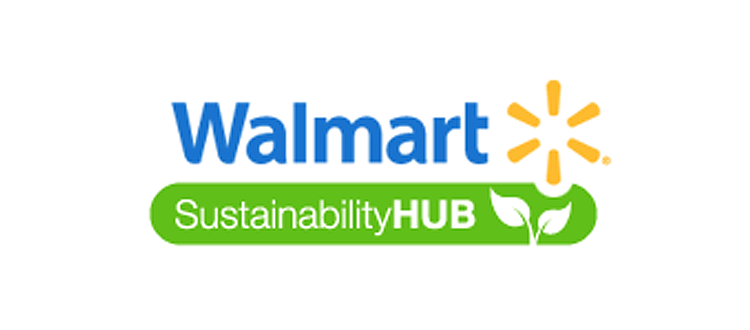Walmart Requires Ingredient Disclosure, But Not All Companies Comply
 |
| Jamie McConnell Director of Programs & Policy |
In 2013 Walmart announced a groundbreaking new “Policy on Sustainable Chemistry in Consumables.” The policy focuses on reducing the use of Walmart-identified priority chemicals with safer “greener” alternatives in various household product categories like cleaning products. Recognizing the importance of transparency in this process, the retail giant’s policy also requires manufacturers to disclose full ingredients online on a product-specific basis (starting in January 2015). Walmart took disclosure even a step further by requesting (but not requiring) that manufacturers also disclose fragrance ingredients in their products.
In the absence of any kind of federal or state mandate requiring full ingredient disclosure for cleaning products, Walmart’s effort to spur the industry towards greater disclosure is huge, and a much needed pressure point in the fight for right to know.
Of course, some of the biggest names in cleaning products, Clorox, RB, Procter and Gamble, and SC Johnson & Son have been disclosing ingredients online for years now, including some fragrance ingredients. But what is needed is consistency of ingredient disclosure across the whole industry, including both big and small manufacturers.
As it turns out, even one of the world’s largest retailers can’t get many of the smaller companies to disclose. An analysis conducted by Women’s Voices for the Earth found that a year after the January 2015 deadline to post ingredients online, many companies that sell products at Walmart are still not complying, including the following name brands: Weiman, Glisten, Magic, Goof Off, The Works and Goo Gone. And, despite Walmart’s encouragement for “best-in-class” disclosure — like ingredients in fragrance — even Walmart’s own retail brand, Great Value, is not exemplifying what they want to see. No Great Value products disclose their fragrance ingredients on Walmart’s website, and several Great Value products lack full disclosure of other ingredients including surfactants, dyes and preservatives. See examples here, here and here.
Data recently released by Walmart in the company’s 2016 sustainability report supports WVE’s analysis. Despite ingredient disclosure being a requirement of Walmart’s policy, the retailer only checked with 76% of suppliers to verify if they were, in fact, complying with the ingredient disclosure requirements. And of those 76% suppliers, 78% percent reported that they were complying, meaning the retailer can only confirm that 60% of suppliers are disclosing ingredients! Whew.
Clearly we can’t rely on retailers or other voluntary forms of disclosure to solve the problem. The lesson here is that we need mandatory ingredient disclosure through the passage of legislation that requires ALL companies to disclose in a uniform manner. Standardized disclosure will make it easier for buyers to find ingredient information, no matter the brand.
To address this need, Representative Israel (D-NY) recently introduced the Cleaning Product Right to Know Act, a federal bill requiring full disclosure of all ingredients in institutional and household cleaning products. Support your right to know by taking action here!



